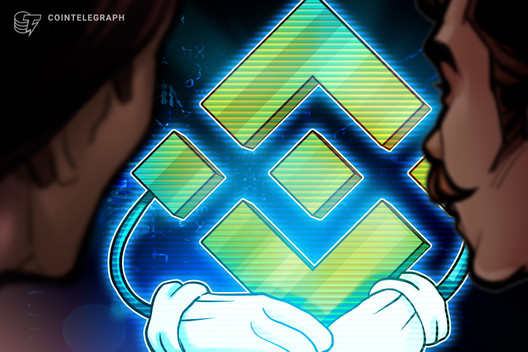Binance wants to stay ahead of the DeFi trend.
After teasing the upcoming blockchain in April, Binance has launched the mainnet of its Smart Chain — a smart contract-enabled blockchain running in parallel to Binance Chain.
Binance Smart Chain comes with an Ethereum Virtual Machine-compatible environment, which allows Solidity developers to move into the new chain with almost no friction.
The new blockchain will be interoperable with Binance Chain, which will remain live for the foreseeable future. The Binance DEX will likewise remain in its old home.
Binance promises that the blockchain will have cheap transaction fees “as low as 1 cent” and a 3 second block time. The blockchain uses a Delegated Proof-of-Stake variant named Proof-of-Staked-Authority. The more BNB is held the more voting power each participant has — which would naturally favor Binance.
Several DeFi projects on Ethereum (like Aave, 1inch, and dForce) are reportedly working on creating new protocols on the chain.

Binance never tried to hide its DeFi ambitions, often pushing for BNB adoption as a collateral asset in non-Ethereum protocols like Equilibrium or Kava.
Lack of easy interoperability and strong market demand meant that BNB largely remained barred from the main DeFi scene on Ethereum. The launch of Smart Chain appears aimed at the opposite approach — instead of bringing BNB into DeFi, the company seeks to bring DeFi to BNB.

It remains to be seen if the ecosystem will be able to compete with Ethereum’s considerable network effects, despite the promise of a faster blockchain and direct support. In the meantime, Binance began opening itself up to DeFi on its main exchange, listing tokens like DAI, Wrapped BTC and newly released projects like yEarn.



